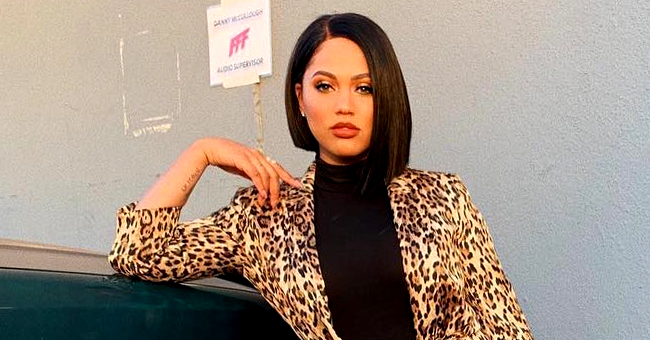
Ayesha Curry's Struggles to Fit in as Black Woman in the US After Leaving Canada
Ayesha Curry opened up about the racial identity struggles she experienced as she moved from Canada to the U.S.
As a Canadian-American, Ayesha Curry opened up about being "forced to choose" a community to associate with when she moved to North Carolina with the rest of her family at 14 years old.
Mixed Race
Growing up, she had difficulty fitting in as she was the epitome of "mixed race." Her mom, Carol Alexander, is Jamaican-Chinese, while her father, John Alexander, is African-American and Polish.
When she moved to the U.S., she sadly found out that these four descents of hers were easily labeled as "different." Growing up, she was confronted by her classmates who had to label exactly where she was from, and this was something she definitely did not experience in Toronto.
"Growing up in Toronto, I was black. I'm a black woman. I moved to the south, to North Carolina, right at the start of high school, so at 14, and there it was like... who do you choose?"
Difficult Acceptance
This "labeling" that she experienced in North Carolina made her question everything that she loved about herself. To her, her new "home" did not want to accept her for who she was.
"It seemed like my own community didn't want to, like, wrap their arms around me and embrace me. That kind of hurt. I just want my community to embrace all shades because we come in so many different shades."
Her Kids and Race
Now that her kids are about to grow up in the same environment, Ayesha is making sure they know the importance of being proud of one's race. While they have a much fairer complexion, they should know their roots.
“They’re fair in complexion, and they’ve said: ‘I’m not black; look at my skin.’ And I said: ‘No, no, no. You’re a black woman. You have melanin. It’s part of who you are. Our descendants are from Africa. This is what that means.’ It’s been a journey teaching them that, and that black comes in many different shades."
Ayesha's journey towards accepting her roots has been quite long, having to go from place to place and being identified differently in these places. Now, she's fully embraced herself and wants her girls to do the same.
"I want my girls to understand who they are and to love it."
